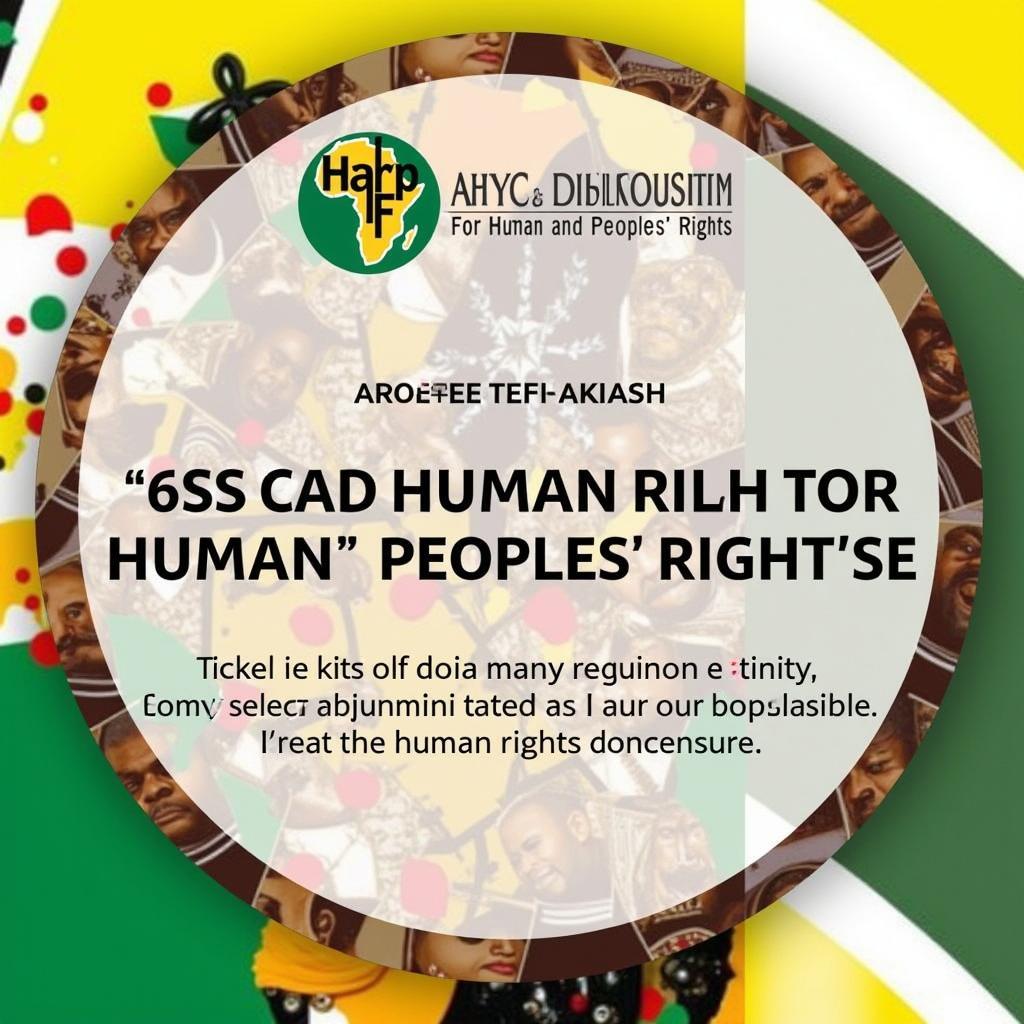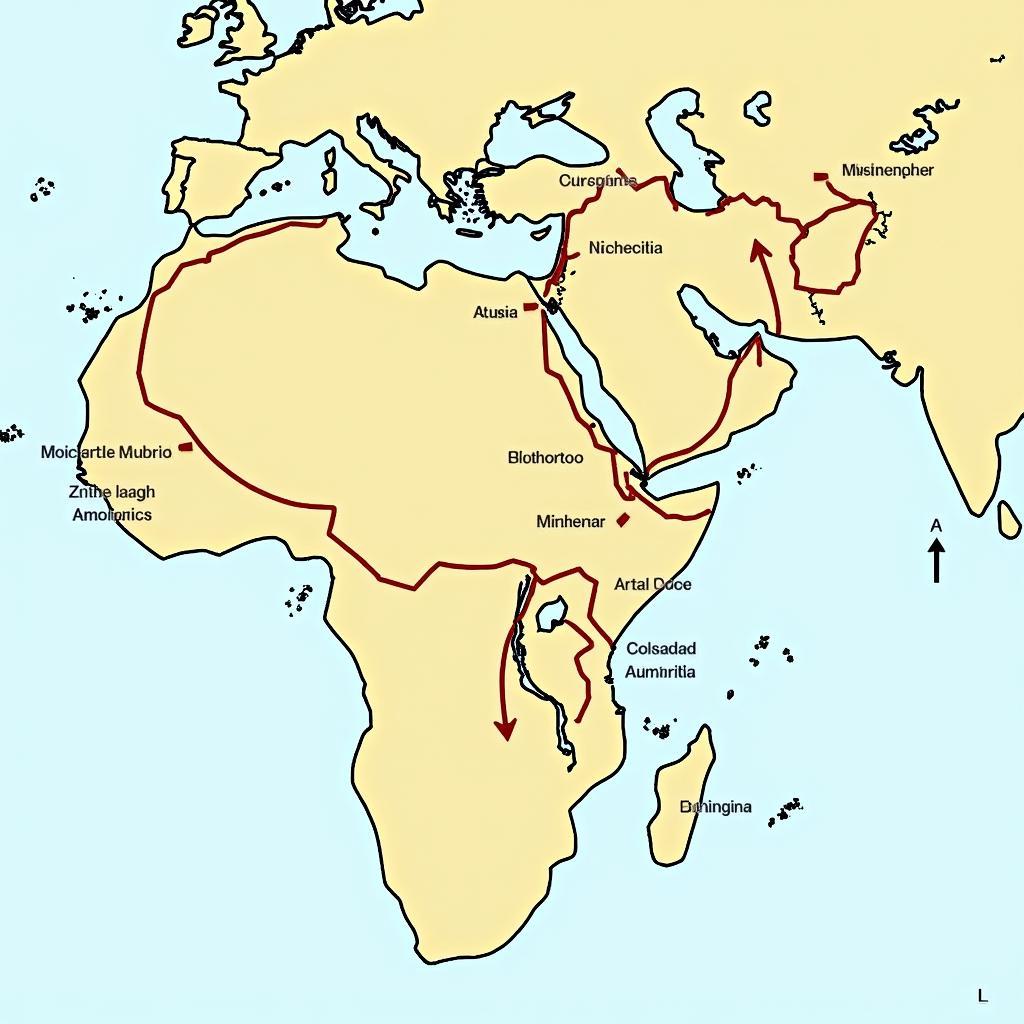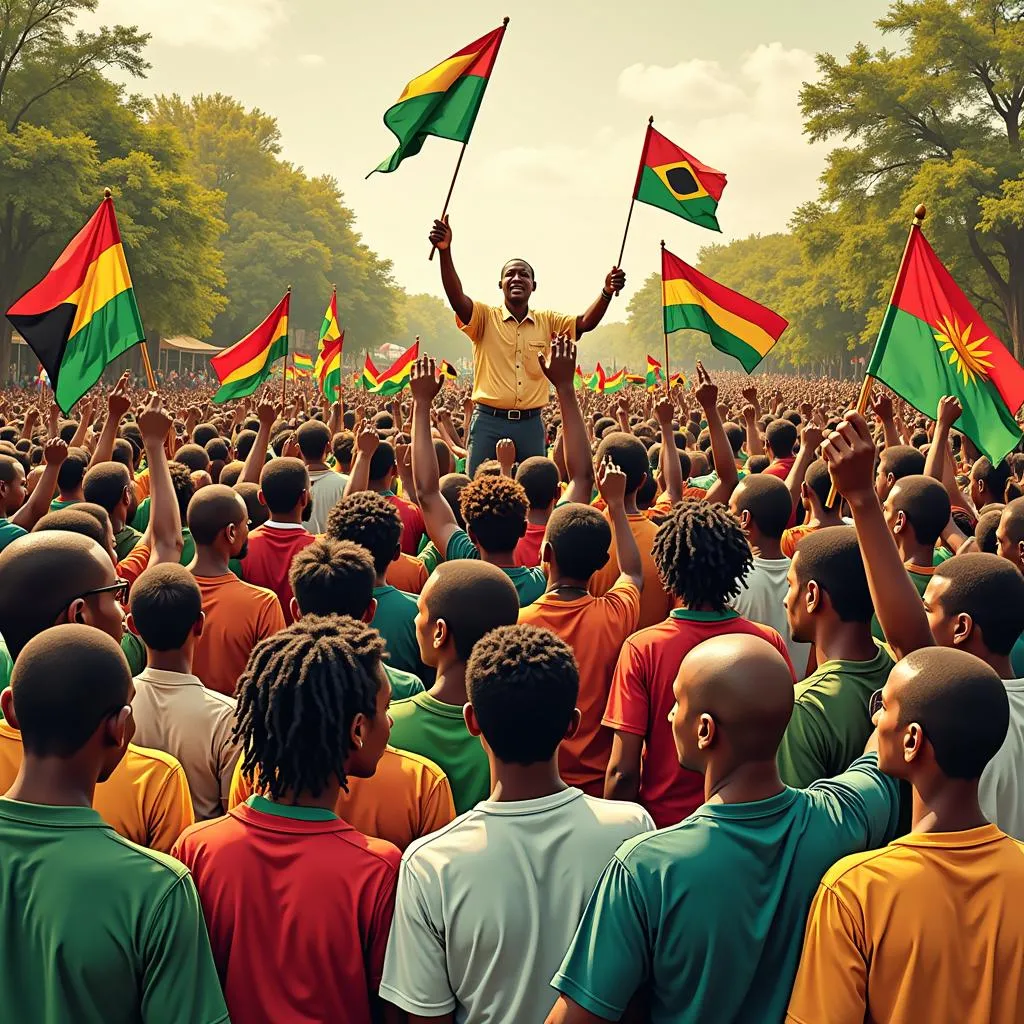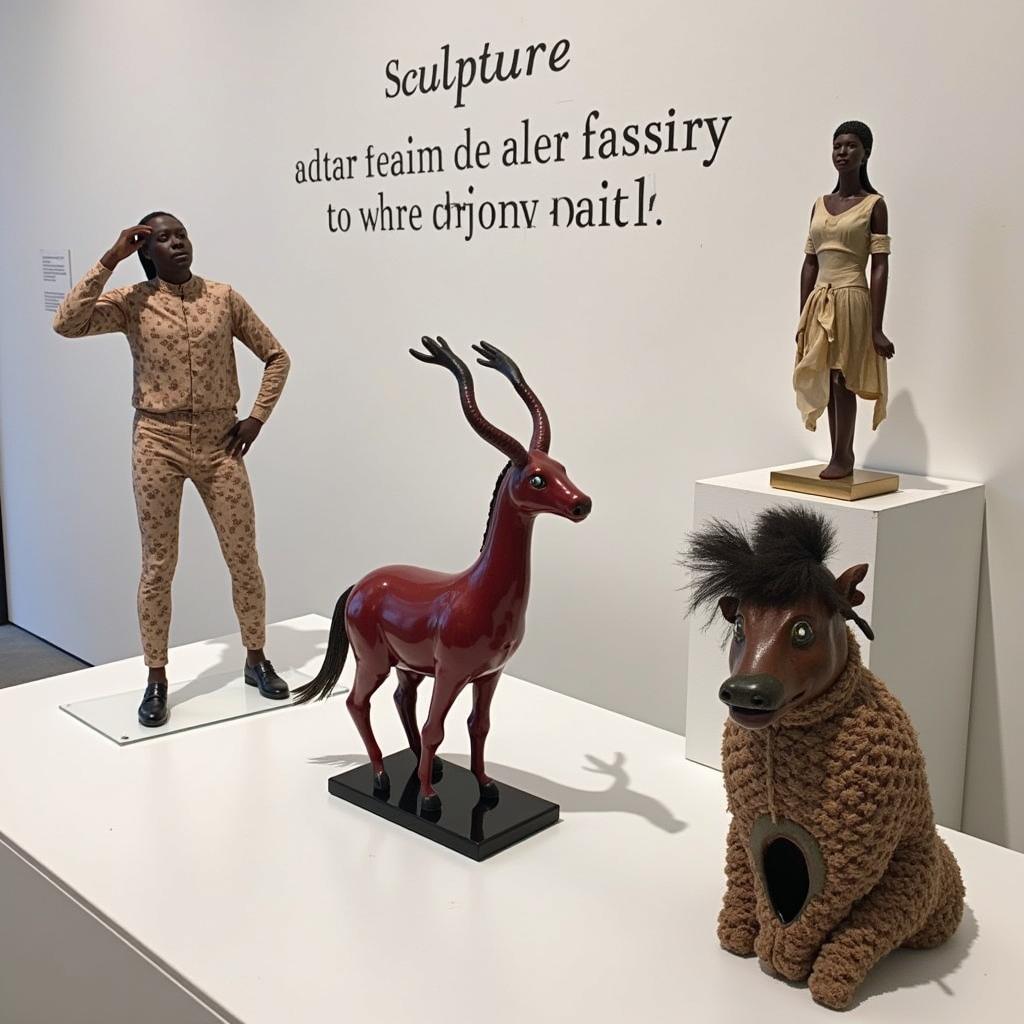The African Commission and its Value in the ICJ
The African Commission for Human and Peoples’ Rights (ACHPR) plays a crucial role in upholding human rights across the African continent, and its influence, while often indirect, can be seen in the International Court of Justice (ICJ). Understanding the African Commission for Human and Peoples’ Rights value in ICJ proceedings requires a nuanced examination of its mandate, operations, and interactions with international legal mechanisms.
The Mandate and Functions of the ACHPR
The ACHPR was established in 1986 under the African Charter on Human and Peoples’ Rights. Its primary mandate is to promote and protect human and peoples’ rights within the African Union member states. This involves interpreting the provisions of the Charter, investigating alleged human rights violations, and making recommendations to states on improving their human rights records. The Commission also engages in promotional activities, such as conducting research, organizing workshops, and raising public awareness about human rights issues. While the ACHPR does not have direct enforcement powers, its findings and recommendations carry significant weight and can influence state behavior, regional policy, and even international legal discourse.
The ACHPR and its Influence on International Law
The ACHPR’s influence on international law is subtle yet substantial. Its interpretations of the African Charter often inform the jurisprudence of other international human rights bodies, including the ICJ. For example, the Commission’s pronouncements on issues like the right to a fair trial, the prohibition of torture, and the protection of vulnerable groups, contribute to the development of customary international law. These pronouncements can be cited as evidence of state practice and opinio juris, which are the two key elements for establishing customary international law. The ICJ, in turn, can consider customary international law when adjudicating disputes between states.
The Indirect Path to the ICJ
The ACHPR’s influence on the ICJ is often indirect. The Commission does not have the power to bring cases directly before the ICJ. However, its findings and recommendations can be used by states or other international organizations when presenting their arguments before the Court. For example, if a state alleges that another state has violated its human rights obligations, it might cite the ACHPR’s findings on similar cases to support its claim. Furthermore, the ACHPR’s work can influence the development of international treaties and other legal instruments that are then interpreted and applied by the ICJ.
 ACHPR Session: Human Rights Discussion
ACHPR Session: Human Rights Discussion
Case Studies and Examples
While direct connections between ACHPR decisions and ICJ cases are rare, there are instances where the Commission’s work has indirectly informed the Court’s jurisprudence. For instance, the ACHPR’s stance on the right to self-determination has contributed to the international legal discourse on this issue, which has been addressed by the ICJ in several cases. Similarly, the Commission’s work on the rights of indigenous peoples can inform the ICJ’s interpretation of relevant international law.
Expert Insights
Dr. Amina Talib, a leading expert on African human rights law, notes, “The ACHPR’s contribution to international law lies not only in its specific findings but also in its broader role in shaping human rights norms and standards across the African continent.”
Professor Kwame Asante, a specialist in international law, adds, “While the ACHPR’s influence on the ICJ may not always be readily apparent, its contribution to the development of international human rights law is undeniable.”
 African Union Flag and ICJ Building
African Union Flag and ICJ Building
Conclusion
The African Commission for Human and Peoples’ Rights value in ICJ proceedings stems from its role as a key interpreter of human rights norms in Africa. Its findings, though not directly enforceable by the ICJ, contribute to the development of customary international law and can inform the arguments presented before the Court. The African Commission for Human and Peoples’ Rights’ continued work is essential for strengthening human rights protection in Africa and influencing the global human rights landscape.
FAQ
- What is the African Commission for Human and Peoples’ Rights? The ACHPR is a body of the African Union tasked with promoting and protecting human rights in Africa.
- Can the ACHPR bring cases directly to the ICJ? No, the ACHPR does not have the authority to directly submit cases to the ICJ.
- How does the ACHPR influence international law? It interprets the African Charter, contributing to customary international law, which can be considered by the ICJ.
- What is customary international law? It’s a form of international law derived from the general practice of states and their belief that such practice is legally binding.
- How does the ACHPR interact with the ICJ? Indirectly, its findings can inform arguments presented to the ICJ by states or organizations.
- What are some examples of the ACHPR’s influence? Its work on self-determination and indigenous rights has contributed to international legal discourse.
- What is the future of the ACHPR’s role in international law? Its continued work is crucial for strengthening human rights protection in Africa and beyond.
Need assistance with human rights issues in Africa? Contact us: Phone: +255768904061, Email: kaka.mag@gmail.com Or visit us at: Mbarali DC Mawindi, Kangaga, Tanzania. Our customer service team is available 24/7.



